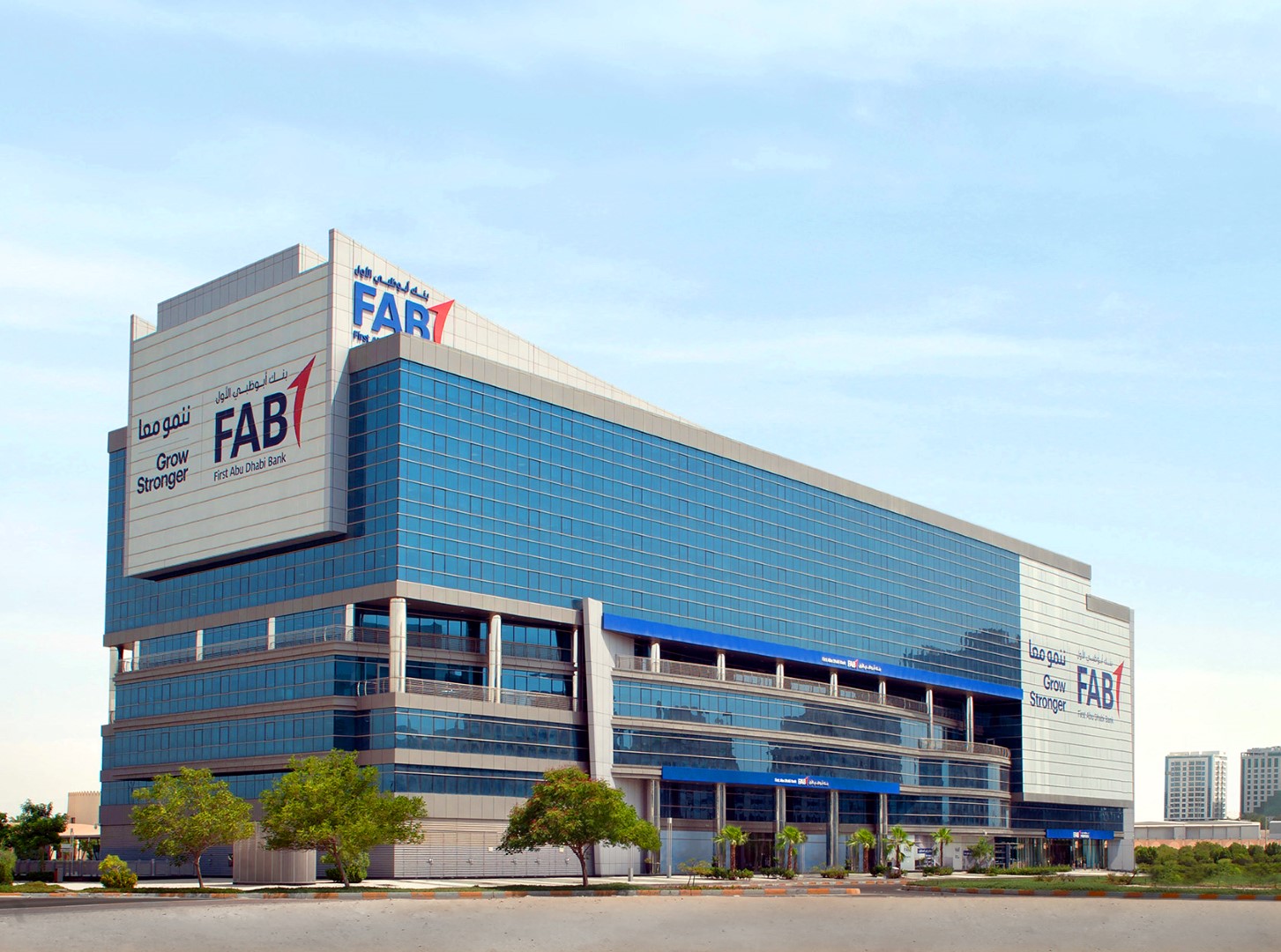Understanding The Fab Five Cast - Core Roles In Chip Making
The intricate world of creating the tiny brains that power our modern lives happens inside places known as fabrication plants, or "fabs." These facilities are truly amazing, where raw materials turn into the sophisticated chips that make our phones, computers, and cars run. It's a place where precision is everything, and the work requires a lot of specialized knowledge, so, it's almost like a very delicate dance of science and engineering.
Behind every chip that gets made, there's a group of dedicated people, a sort of "fab five cast" of crucial roles, working tirelessly. They are the ones who make sure everything runs as it should, from the very first step of designing a process to the final checks before a chip leaves the building. You know, it's not just machines doing all the work; there are real people with very specific skills keeping things on track.
We often hear about the chips themselves, but less about the folks who bring them to life. This piece will shine a light on these important positions, giving you a better idea of what goes on inside a chip-making plant and who does what. It's really quite fascinating when you think about it, just how many different kinds of expertise come together.
Table of Contents
- What Makes a Fab Plant So Important?
- Who Forms the Fab Five Cast?
- The Process Integration Engineer (PIE) - A Fab Leader
- The Process Engineer (PE) - Keeping Fab Operations Smooth
- The Failure Analysis Engineer (FA) - The Fab's Problem Solver
- The Yield Engineer (YED) - Making Fab Production Better
- How Do These Fab Cast Members Connect?
- What's the Future for the Fab Cast?
What Makes a Fab Plant So Important?
A fabrication plant, or "fab," is a place where semiconductor wafers are made into integrated circuits. These are the tiny components that power nearly all electronic devices we use today. Without fabs, there would be no smartphones, no laptops, no advanced medical equipment, and no modern cars. It's a very big deal, actually, because these places are the foundation of our digital world, more or less.
The construction and operation of a fab require immense investment, both in money and in skilled people. We're talking about billions of dollars to build just one plant, and then thousands of highly trained individuals to keep it running. For instance, putting together a new fab could need upwards of ten thousand specialized workers, and that's a lot of people to bring together, you know.
The process inside a fab is incredibly detailed, involving hundreds of steps, each needing careful attention. This is why the people working there are so valuable. They are the ones who understand these intricate steps and make sure everything stays on track. It's a bit like running a very complex orchestra where every instrument has to play its part perfectly, otherwise, the whole thing falls apart.
Who Forms the Fab Five Cast?
While many different roles exist within a fab, there are some positions that stand out as especially central to its operation and success. These are the people who, in a way, form the core group, the "fab five cast," if you will, that keeps the entire chip-making process moving forward. They often work very closely together, making sure that every stage of production is handled with great care.
From making sure new products get off the ground to solving tricky production snags, these roles are at the heart of everything. They deal with the daily challenges and also look to the future, figuring out how to make things even better. It’s a pretty intense environment, but also one where you can really see the results of your efforts, so, that's something to think about.
The Process Integration Engineer (PIE) - A Fab Leader
The Process Integration Engineer, or PIE, is often seen as the "soul" or the main overseer of a fab. This person is, essentially, the grand manager of the entire manufacturing flow. They need to have a deep familiarity with every single production step within the plant. Their main job involves coordinating and bringing together all the different parts of the fab's resources to get new chip products started and then produced in large numbers. They also deal with any issues that pop up during mass production, which, you know, happens quite often.
Think of the PIE as the central point for all process-related matters. If a new product needs to be made, the PIE helps guide it through all the stages, making sure that each section of the fab works well with the others. It's a big job, requiring a broad perspective and the ability to bring different groups together. They might even be considered the chief problem-solver when it comes to getting a chip from design to a finished item, basically.
This role is considered one of the most important in a fab, a true core position. People often suggest that having some PIE experience before moving into other areas, like PES (Process Equipment Support), can be very helpful. It just gives you such a complete picture of how everything fits together, which, honestly, is quite valuable.
The Process Engineer (PE) - Keeping Fab Operations Smooth
The Process Engineer, or PE, is another very important role within the fab. These individuals are deeply involved in the day-to-day operations of the chip-making process. Their work is quite varied, covering many aspects of the production line. If something has to do with the manufacturing process, chances are a PE will be involved, more or less.
A PE's typical day might involve looking at data from the machines, making small adjustments to ensure quality, and trying to fix minor issues that come up. They are on the front lines, making sure that each step of the process works correctly and efficiently. It’s a demanding job, but also one where you get to see the direct impact of your work on the chips being made, that's for sure.
For someone just starting out, going straight into a PES role might not be the best idea, according to some. Having some experience as a PE first, perhaps even a bit of PIE experience, can make a transition smoother. It gives you a good grounding in the practical side of things, which is pretty useful when you're dealing with such precise manufacturing.
The Failure Analysis Engineer (FA) - The Fab's Problem Solver
The Failure Analysis Engineer, or FA, is often called the "forensic doctor" of the fab. When a chip doesn't work as it should, or when there's a defect in the manufacturing process, the FA engineer steps in to figure out why. They are the ones who investigate what went wrong, looking at the tiny details of the chip to find the root cause of any problems. It's a bit like being a detective, just on a very small scale, you know.
Their daily work involves using specialized equipment to examine faulty chips, gathering clues, and piecing together the story of the failure. This information is then used to prevent similar problems from happening again, which saves a lot of time and resources. They play a truly critical part in making sure the quality of the chips remains high, basically.
This role requires a keen eye for detail and a strong problem-solving mindset. Without the FA team, it would be much harder to improve manufacturing processes and ensure that the chips coming out of the fab are reliable. They are, in some respects, the guardians of quality, making sure that the complex production line stays on the right path.
The Yield Engineer (YED) - Making Fab Production Better
The Yield Engineer, or YED, focuses on making sure that as many good chips as possible come out of each batch of wafers. "Yield" refers to the percentage of working chips produced from a wafer. A higher yield means less waste and more efficient production, which, as a matter of fact, is very important for a business.
People often say that a YED position, along with a PIE role, offers a good balance between the demands of the job and the benefits. The work pressure might be a little less intense compared to some other engineering roles, like equipment or process engineers, while still being very important to the fab's bottom line. It's a role that helps the company save money and produce more, so, that's a pretty valuable contribution.
These engineers analyze data to find ways to improve the production process, reduce defects, and ultimately increase the number of usable chips. They work to identify bottlenecks or areas where chips are being lost, then suggest changes to fix those issues. It’s about constant improvement, always looking for ways to get more out of the existing setup, in a way.
How Do These Fab Cast Members Connect?
The different roles within the fab, our "fab cast" members, don't work in isolation. They are constantly talking to each other and sharing information. The success of a chip manufacturing plant truly depends on how well these different groups communicate and cooperate. For instance, if the FA engineer finds a problem, they need to quickly share that information with the PE and PIE teams so they can make adjustments to the process. It's a very collaborative environment, actually.
The PIE, as the overall process manager, often acts as a bridge between these different specialized groups. They ensure that everyone is working towards the same goals and that any changes made in one area don't negatively affect another. It's like a finely tuned machine where every gear needs to turn in sync with the others. Without this teamwork, the complex process of chip making would simply grind to a halt, you know.
From the early stages of bringing a new chip design into production to solving unexpected issues on the line, this constant back-and-forth between the engineers is what keeps the fab running smoothly. It's a dynamic environment where quick thinking and good communication are always needed. They are, essentially, a tightly knit group, even if they have different day-to-day tasks.
What's the Future for the Fab Cast?
The semiconductor industry is always changing, and so are the demands on the people who work in fabs. While there was a big boom in fab construction and expansion recently, that period is, in some respects, winding down. Many new fabs are either finished or will be soon, and the demand for new talent might not be as high as it once was. This means the situation could return to one where there are plenty of people looking for jobs, so, that's something to consider.
Engineers in fabs are encouraged to keep learning and developing their skills. It’s not enough to just do your daily tasks; staying active in industry discussions, writing papers, and getting patents can really help someone stand out. This helps avoid getting stuck in a routine and ensures that engineers remain competitive in a field that's always pushing forward. You know, you have to keep yourself sharp.
The roles we've talked about, the "fab five cast," will always be important, but their specific responsibilities might shift as technology advances. The need for smart, dedicated people to design, build, and maintain these incredibly complex systems will always be there. It's a field that, despite its challenges, offers a chance to be at the forefront of technological progress, basically. The people in these roles will continue to be the backbone of chip production, shaping what comes next for electronics everywhere.

Creators can start uploading to Fab – the new marketplace for Unreal

First Abu Dhabi Bank Egypt posts 317% H1 net profit increase | Amwal Al

yallacompare | Best Credit Cards in the UAE | FAB - Cashback Credit Card